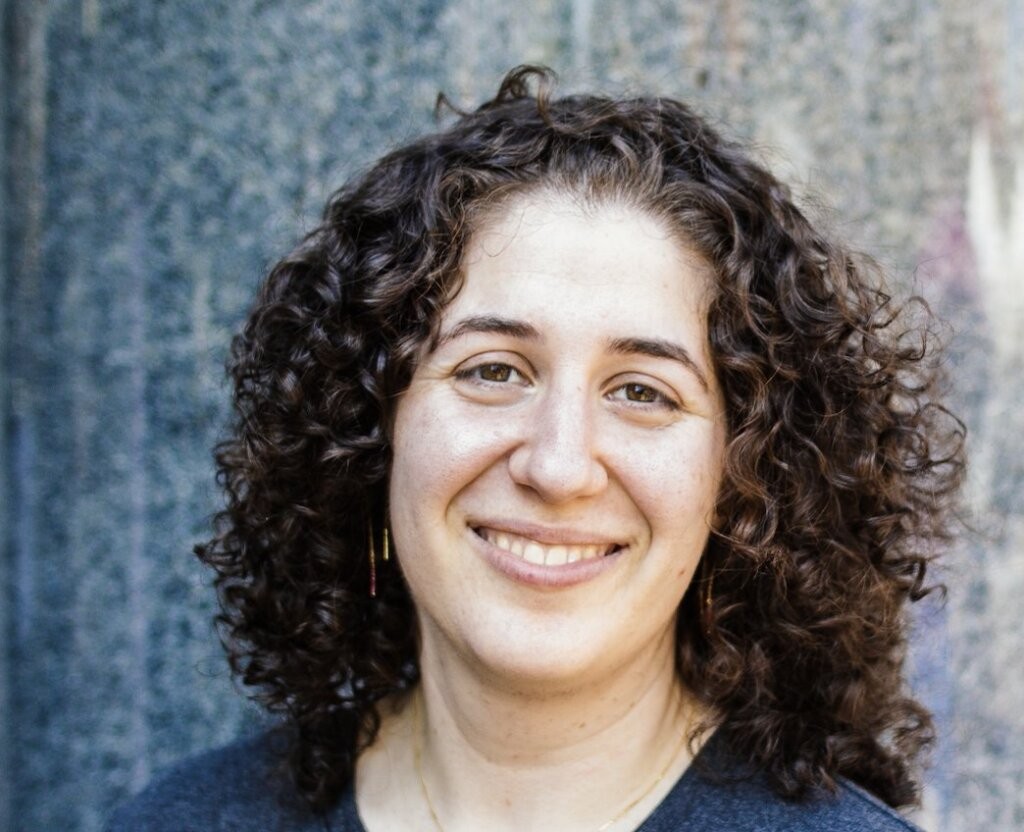21 Results

Global Perspectives Welcomes New Editors-in-Chief Hagen Schulz-Forberg and J.P. Singh
Sep 03 2024
As the new co-editors for Global Perspectives, Schulz-Forberg and Singh “are honored to lead the journal into the next phase, and humbled to take the charge forward from Helmut Anheier… Rather than change the course for the journal, we will seek to deepen the impact the journal continues to make in academic publishing.”

Explore Sociology Journals from UC Press at #ASA2023
Jul 05 2023
As one of the world's most forward-thinking publishers, UC Press gives voice, reach, and impact to innovative research and exceptional scholarship.

Global Communications in the Age of AI: A Q & A with Terry Flew
Mar 14 2023
We need to recognize the degree to which what appears to us as AI is in fact an aggregation of data and images that are already circulating in the public domain, and hence it is a socially spayed technology: it is not appearing as magic before us.

Feature: An Interview with Helmut K. Anheier, Editor-in-Chief of Global Perspectives
Aug 07 2022
"The debate about methodological nationalism has clearly influenced our approach, and the possibility of a social science less bound by national traditions and the nation state as the seemingly 'natural' unit of analysis"

The Civic Lives of Cities Around the World
Jul 25 2022
"The global and local are closely intertwined, and the multi-functional features of civic society organizations are best understood in the local context where global issues are manifest and addressed in distinctive fashion."

Explore Sociology Journals from UC Press at #ASA2022
Jul 05 2022
As one of the world's most forward-thinking publishers, UC Press gives voice, reach, and impact to innovative research and exceptional scholarship.

A Wider Discipline for a Smaller World
Mar 31 2022
In response to the International Studies Association’s annual theme–A Wider Discipline for a Smaller World-we offer a few reflections on how tapping into a broader array of disciplines and subjects can bring clarity and enhanced insights into our understanding of the urgent challenges of our times.

Political Economy, Markets, and Institutions: A Q&A with Global Perspectives Section Editor J.P. Singh
Mar 29 2022
Our forthcoming special collection with 14 essays and five commentaries from leading academics and practitioners will examine the changing nature of multilateralism and global development. Collectively we analyze new forms of multilateralism, changes underway in old multilateralism, the possibility

Council of Editors of Learned Journals names Global Perspectives Best New Journal
Jan 09 2022
"This is an ambitious new journal on an important, wide-ranging topic. With an impressively diverse editorial board, and a healthy number of section editors, each with their own advisory board, this journal’s structure seems to offer a balance of breadth and depth worthy of the name."

Technology and Global Change: A Q&A with Global Perspectives Section Editor Josephine Wolff
Sep 20 2021
"You can imagine how if we wanted to create algorithms that could help inform judicial decisions or credit scoring systems or employment decisions and we did so by training those algorithms on existing, human-made decisions in these areas, then all of the biases underlying those human decisions woul